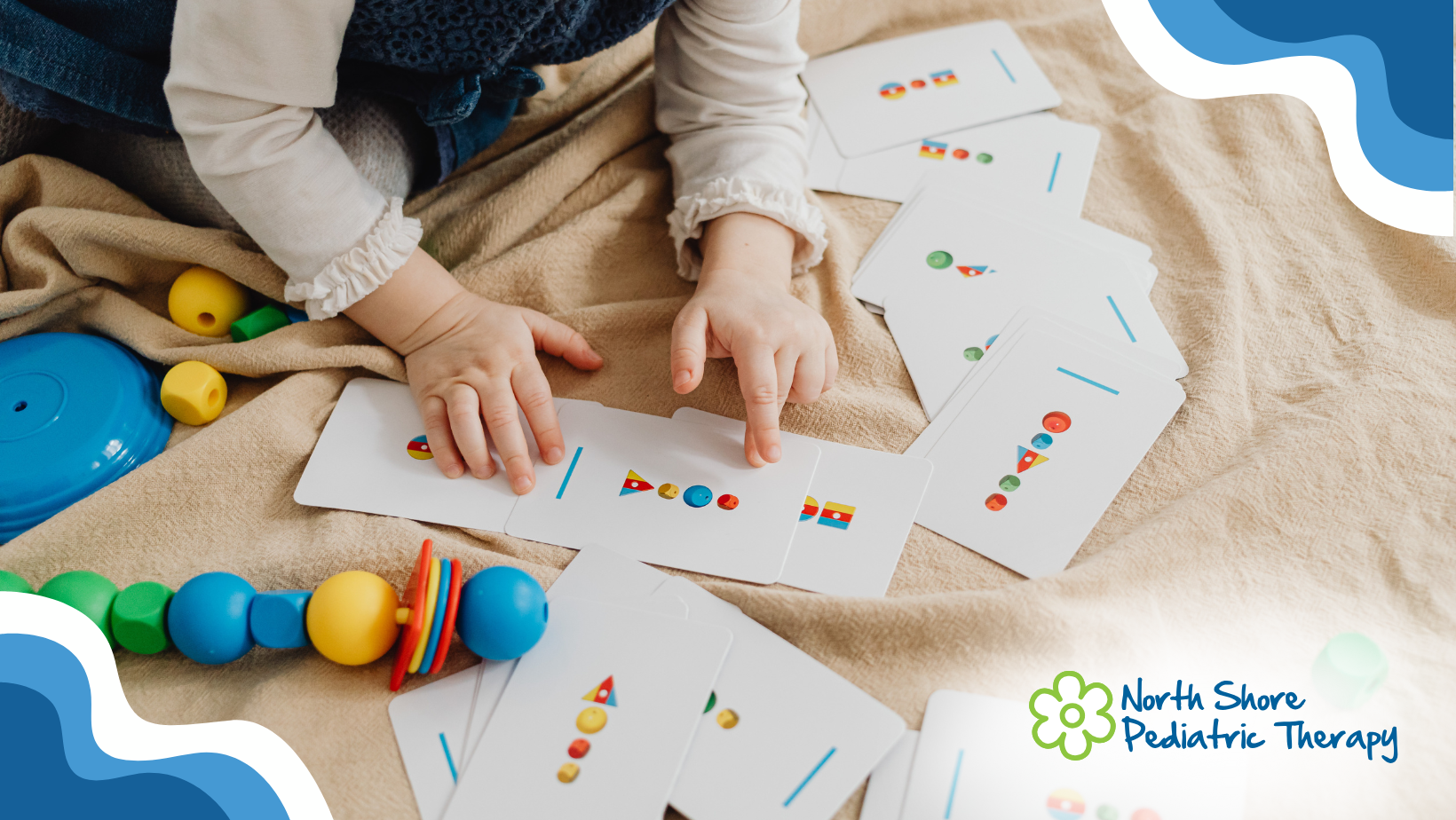WHAT IS HYPERLIPIDEMIA?
Lipid is the scientific term for fat. Hyperlipidemia is the condition of abnormally elevated levels of any or all lipids and/or lipoproteins in the blood. This is also referred to as high blood cholesterol and triglycerides. Hyperlipidemia is a disorder that occurs when you have too many fatty substances in your blood.
Hyperlipidemias are divided into primary and secondary subtypes. Primary hyperlipidemia is usually due to genetic causes and is inherited, while secondary hyperlipidemia is an acquired condition and arises due to other underlying causes, such as diabetes or obesity. Lipid and lipoprotein abnormalities are common in the general population, and are regarded as a modifiable risk factor for cardiovascular disease. In addition, some forms of hyperlipidemias may predispose a person to acute pancreatitis.
WHAT CAUSES HYPERLIPIDEMIA?
A lipid disorder increases your risk for atherosclerosis (a thickening of the heart’s artery wall as a result of the accumulation of fatty materials such as cholesterol), and thus for heart disease, stroke, high blood pressure (hypertension), and other problems.
There are many types of cholesterol that contribute to hyperlipidemia. The ones talked about most are:
• Total cholesterol – all the cholesterols combined
• High density lipoprotein (HDL) cholesterol – often called “good” cholesterol
• Low density lipoprotein (LDL) cholesterol – often called “bad” cholesterol
Primary Hyperlipidemia – There are several genetic disorders (passed down through families) that lead to abnormal levels of cholesterol and triglycerides. They include:
• Familial combined hyperlipidemia
• Familial dysbetalipoproteinemia
• Familial hypercholesterolemia
• Familial hypertriglyceridemia
Secondary Hyperlipidemia – Abnormally high cholesterol and triglyceride levels may also be acquired and caused by:
• Being overweight or obese.
• Fatty diets that are high in saturated fats (found mainly in red meat, egg yolks, and high-fat dairy products) and trans fatty acids (found in commercial processed food products)
• Lack of exercise and sedentary lifestyle
• Smoking (which reduces HDL “good” cholesterol)
• Certain medications, including birth control pills, estrogen, corticosteroids, certain diuretics, beta blockers, and certain antidepressants
• Diseases such as diabetes, hypothyroidism, Cushing syndrome, polycystic ovary syndrome, and kidney disease
• Excessive alcohol use
HOW DO I KNOW IF MY CHILD OR ANYONE IN MY FAMILY HAS HYPERLIPIDEMIA?
There does not tend to be any physical signs or symptoms for lipid disorders. Lipid disorders are diagnosed through blood testing. These tests may include:
• HDL test
• LDL test
• Lipoprotein-a analysis
• Total cholesterol test
• Triglyceride test
HOW CAN I HELP TREAT MY CHILD’S CONDITION?
Treatment depends on age, health history, if you smoke, and other risk factors for heart disease, such as:
• Diabetes
• Poorly controlled high blood pressure
• Family history of heart disease
There are steps that everyone can take to improve their cholesterol levels, and help prevent heart disease and heart attack. Here are the most important ones:
• Eat a heart-healthy diet with plenty of fiber-rich fruits and vegetables. Avoid saturated fats (found mostly in animal products) and trans-fatty acids (found in fast foods and commercially baked products). Instead, choose unsaturated fats (found in avocados, olives, peanut butter, most nuts, salmon, corn/canola/olive oils)
• Exercise regularly to help raise your HDL (“good” cholesterol)
• Get periodic health checkups and cholesterol screenings
• Lose weight if you are overweight
• Quit smoking
If lifestyle changes do not improve cholesterol levels enough, your doctor may recommend medication. There are several types of drugs available to help lower blood cholesterol levels, and they work in different ways. Some are better at lowering LDL cholesterol, some are good at lowering triglycerides, while others help raise HDL cholesterol. This decision will be made between you and your doctor based on your body’s needs.
OUR APPROACH AT NORTH SHORE PEDIATRIC THERAPY
At North Shore Pediatric Therapy, our multidisciplinary therapists provide outpatient therapies to primarily address healthy lifestyle improvement of children diagnosed with lipid disorders. North Shore Pediatric Therapy is not medically equipped to test for hyperlipidemia or other lipid disorders, and we will refer out to a medical specialist for this. Our NSPT therapists will be a part of the interdisciplinary team to determine the best plan of care for the child, as well as support the families in creating healthy lifestyle changes, and implementing healthy lifestyles plans. Our NSPT therapists will also provide any needed therapies to promote and improve the child’s daily function.















